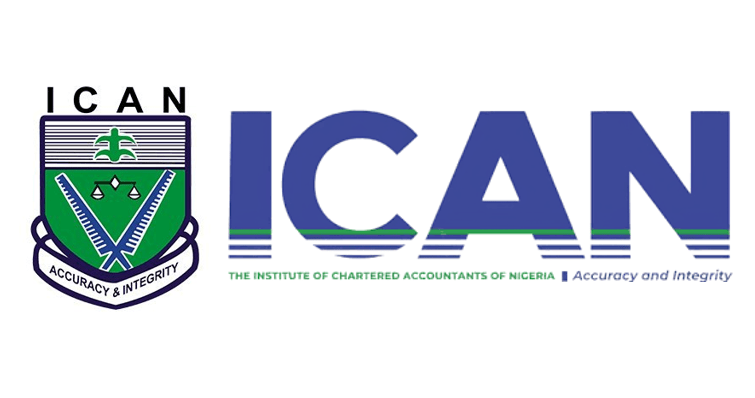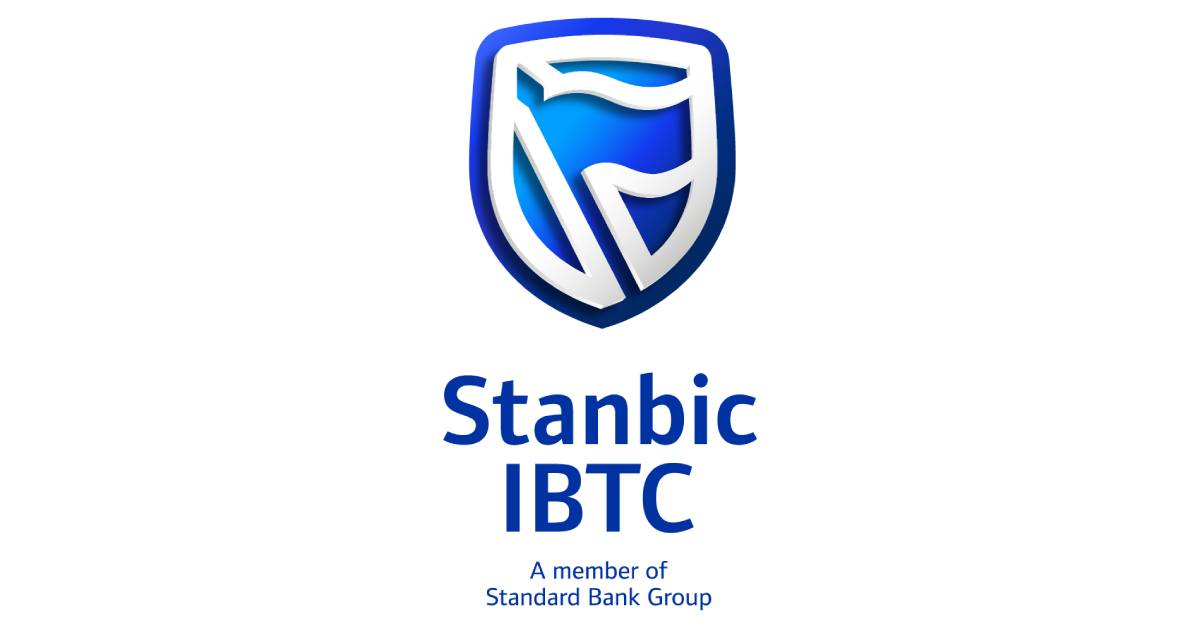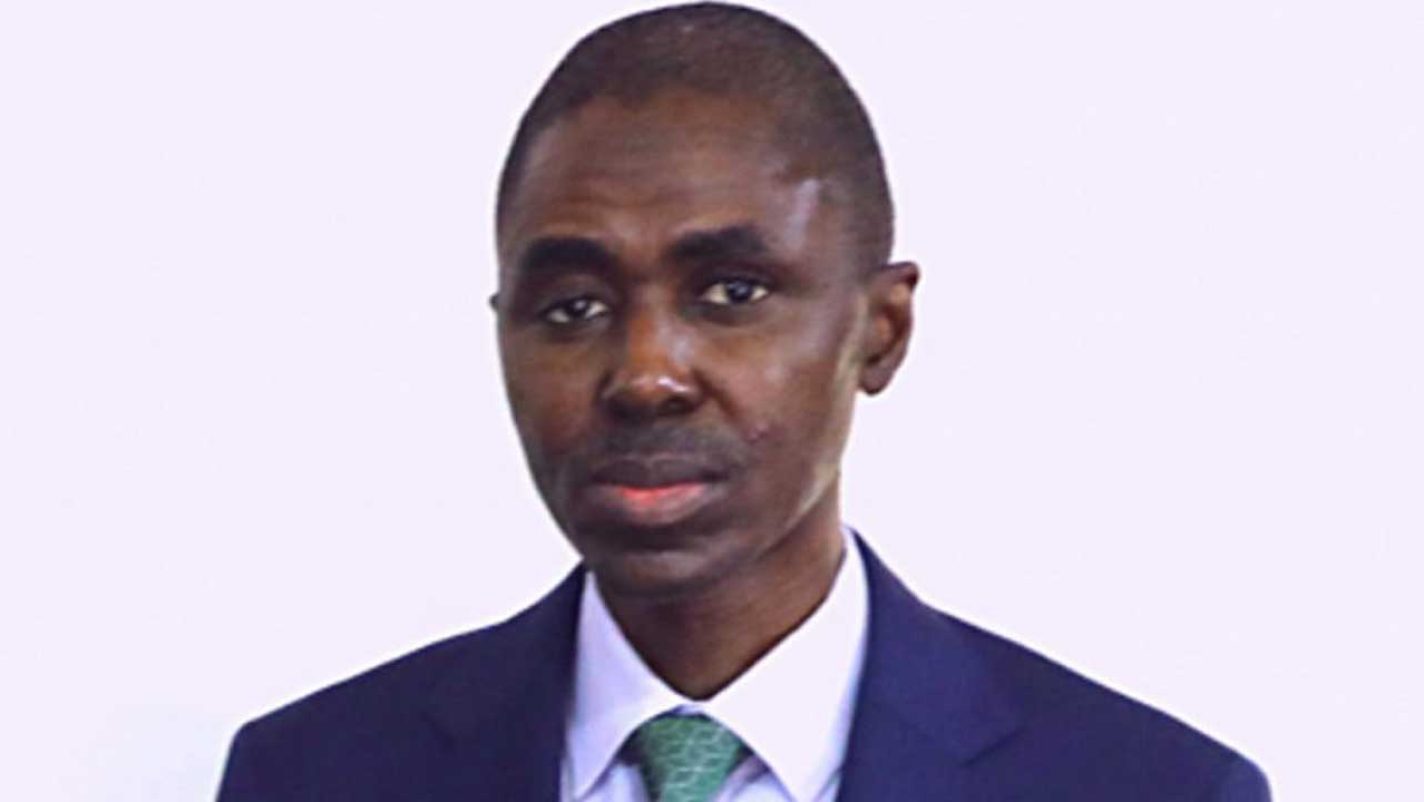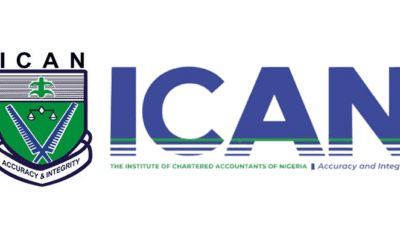Money market
ICAN amendment bill scales 2nd reading

The Institute of Chartered Accountants of Nigeria (ICAN) Act Amendment Bill on Wednesday scaled second reading at the Senate.
This followed the presentation of the general principles of the bill by the sponsor, Sen. Solomon Adeola (APC-Ogun) at plenary.
Presenting the bill, Adeola said it was read for the first time on Nov. 16, 2023.
He said the ICAN Act came into effect on Sept 1, 1965, some 59 years ago.
He said the act empowered the institute to set standards and regulate the practice of accountancy in Nigeria, in line with developments in the economy and changing needs of chartered accountants.
He said over the years, it had become imperative to amend certain provisions of this act and insert new provisions to bring it up to current realities.
This, he said, would ensure that ICAN remained adaptive, forward-thinking, and attuned to the needs of the nation.
“A total of 26 amendments, insertions are contained in the proposed amendment of the act affecting sections and subsections of the Act,” he said.
He said there was a need to situate accounting practice to encompass developments since 1965 and bring the practice to what was obtained in other jurisdictions, hence the need to amend Section 1,14, 19 and insert a new section 15.
He said all sections for amendment dealt with issues of accounting practices and all areas that a chartered accountant is entitled to practice under the act.
“Corporate governance of modern professional accountancy organisations has evolved, hence the need to amend parts of Sections 2, 3 and 6 and insert new Sections 24 to 26.
“For instance, Section 3 of the act is proposed for amendment because the Council of ICAN started off with a 20-member structure in 1965 when membership was just 250.
“The number was subsequently increased to 25 in accordance with the provisions of the act, with membership strength of over 53,000 today.
“The need to increase the membership of the council to 36 has become compelling,” he said.
Adeola said the amendment would strengthen ICAN’s collaboration with other professional bodies and regulatory authorities, both at home and abroad.
He said the collaborations would foster synergy, knowledge exchange, and harmonisation of standards, guaranteeing that Nigerian chartered accountants remained at par with global best practices and their global counterparts.
He said there was a need to enhance the capacity of the institute to carry out its mandate in the area of regulation and compliance.
“The amendments collectively aim to strengthen the legislative framework, expand the institute’s structure, and enhance regulatory powers and professional integrity within the accountancy profession as in other jurisdictions of the world and global best practices,” he said.
Sen. Sani Musa (APC-Niger) who seconded the motion, said the amendments were necessary to move the accounting profession forward in Nigeria.
Sen. Ibrahim Dankambo (PDP-Gombe) said the amendment was timely and apt, as it would strengthen the institute and empower it to collaborate internationally.
He said the amendment would further help develop the accounting profession in Nigeria.
President of Senate, Godswill Akpiabio thereafter referred the bill to Senate Committee on Establishment and Public Service for further legislative inputs and to return back in three weeks.
Money market
Stanbic IBTC seeks to raise N550bn


Stanbic IBTC Holdings Plc is looking to raise N150 billion through a rights issue programme and N400 billion through a debt issuance programme, amounting to a total of N550 billion.
These were part of the resolutions during the group’s Annual General Meeting held on May 16, 2024, in Lagos, Nigeria. Another resolution of the AGM was to increase the group’s share capital from the current N6.478 billion to N8.25 billion by creating an additional 3,543,002,837 ordinary shares. Presently, Stanbic IBTC Holdings has 12,956,997,163 fully issued ordinary shares.
Stanbic IBTC Holdings has a paid-up share capital of N109.26 billion, a N90.471 billion shortfall from the N200 billion minimum capital requirement set by the CBN for the national banking license. However, recall that Stanbic IBTC Holdings is a group that contains 10 direct subsidiaries such as Stanbic IBTC Bank Limited, Stanbic IBTC Pension Managers Limited, and Stanbic IBTC Asset Management Limited, among others.
The group’s paid-up share capital is split among its direct and indirect subsidiaries, with about N62.469 billion allotted to Stanbic IBTC Bank Limited, which it wholly owns. Stanbic IBTC Bank’s paid-up capital is split into a N20 billion share capital and N42.469 billion share premium.
Hence, the bank’s paid-up capital falls short by N137.53 billion of the minimum capital requirement set at N200 billion by the CBN for a national banking license, which the bank currently holds.
By looking to issue an additional 3,543,002,837 ordinary shares and raise up to N150 billion from the rights issue, Stanbic looks to sell the new shares at a price level of around N42.
Currently, Stanbic IBTC shares sell at N52.00, and the rights issue presents an opportunity for existing shareholders to acquire additional shares at a discounted price. However, it also has a potential dilutive effect on the shares of existing shareholders.
Since the announcement of the banking recapitalisation exercise, Stanbic IBTC’s share price has declined by 7.14 percent from N56.00 on March 28 to N52 as of May 17. With the announcement of the rights issue, the price is projected to decline further.
According to Matilda Adefalujo, an Investment Research Analyst at Meristem Securities, investors often tend to display an initial pessimistic outlook during the right issues, considering the dilutive effect on their shares.
“The initial reaction is expected to be pessimism towards their Stanbic shareholdings. However, looking at the fundamentals, Stanbic has done well in terms of profitability, as their Q1 2024 and FY 2023 numbers have been great.
“It’s now left for Stanbic to sweat their loans and advances, as well as beef up their core operations to send a message to their investors that they can still provide good returns to them (investors).”
Another aspect to consider is the feasibility of raising the specified amount from the NGX, given the volume of rights issues anticipated on the exchange over the next two years.
Since the announcement of the banking recapitalisation exercise in late March, over N1 trillion worth of upcoming banking rights issues have been announced.
Nigerian Breweries is also looking to raise N600 billion through a rights issue on the exchange.
Apart from the rights issue programme, the group is also looking to increase its paid-up capital through a N400 billion debt issuance programme. The format of the bond issuance is yet unknown, however, the group’s board has received its shareholders’ approval to determine how they want to borrow the money and in what currency.
The debt issuance programme could be through a public offering (like selling bonds to the public), private placement (selling bonds to specific investors), or other methods.
Money market
Banking sector must prioritise cybersecurity — NDIC


The Chief Executive Officer of the National Deposit Insurance Corporation, Bello Hassan, has urged bankers in the country to pay attention to cybersecurity.
He stated this on Friday at the swearing-in ceremony of Professor Pius Olanrewaju as the 23rd president/chairman of the council of the Chartered Institute of Bankers of Nigeria in Lagos.
“In this regard, a deliberate and collaborative approach to cyber risk involving all stakeholders is essential to protect the resilience of the banking system.”
Olanrewaju was sworn in by Justice Owolabi Dabiri at the event held chaired by Senior Advocate of Nigeria, Wole Olanipekun.
In his goodwill message, the Speaker of the House of Representatives, Tajudeen Abbas, represented by the Chairman of the House Committee on Banking, Nwachukwu Eze, hailed the immediate past CIBN President, Ken Opara and called on the new leadership of the organisation to embrace technology to boost financial inclusion.
He said, “Today, as you welcome the incoming president and new chairman of the council, we also reflect on the challenges and opportunities that lie ahead. The banking sector is constantly evolving, driven by technological advancements, regulatory changes, and shifts in customer behaviour.
“In the face of these types of changes, the CIBN must remain steadfast in its commitment to excellence and innovation. The incoming leadership must embrace new ideas, and new emerging technologies and foster collaboration within the industry to navigate these challenges and seize the opportunities that lie ahead.
“As we look to the future, we must not lose sight of the importance of financial inclusion and sustainable development. Despite progress has been made in expanding access to financial services.”
According to the speaker, millions of Nigerians remain on the side or excluded from the formal banking sector.
“It is incumbent upon all stakeholders, including the CIBN to redouble your efforts to promote financial literacy, expand access to finance, and foster inclusive growth, that leaves no one behind,” he counselled.
The chairman of the occasion, Olanipekun, speaking with journalists, called for a more active role for the institute in the framing of government policies.
“CIBN should be involved in moulding, modelling, and revitalising critical measures and fiscal policies. Where we are today, we are talking of inflation, hydra-headed inflation, runaway inflation and high prices of commodities beyond the reach of the ordinary people, you don’t expect an institution like this to fold its arms and be watching.
“They should be in the advisory role of the government. We expect that within the next two years, the institute will play a major role in the next two years. They have been trying but they need to try more. Nigerians now need the institute more than ever,” he declared.
Money market
Nigeria’s inflation rate rises to 33.69% in April 2024


In April 2024, the headline inflation rate rose to 33.69 percent, up from 33.20 percent in March 2024, marking an increase of 0.49 percent points according to the Nigeria Bureau of Statistics (NBS).
Comparing year-on-year data, the inflation rate in April 2024 was 11.47 percent points higher than in April 2023, where it stood at 22.22 percent. This indicates that the headline inflation rate has risen significantly over the past year.
Additionally, on a month-to-month basis, the inflation rate for April 2024 was 2.29 percent, which is 0.73 percent lower than the 3.02 percent recorded in March 2024. This suggests that the rate at which prices increased in April 2024 was slower than the rate in March 2024.
In April 2024, the food inflation rate reached 40.53 percent on a year-on-year basis, marking a substantial increase of 15.92 percentage points from the 24.61 percent recorded in April 2023. This significant rise in food inflation can be attributed to higher prices for several items including millet flour, garri, bread, prepacked wheat flour, and semovita, all of which belong to the Bread and Cereals class, as well as for yam tuber, water yam, and cocoyam and others.
For the year ending in April 2024, the average annual rate of food inflation stood at 32.74 percent, representing an increase of 9.52 percentage points over the 23.22 percent average annual rate recorded in April 2023.
Core inflation, which excludes the prices of volatile agricultural products and energy, reached 26.84 percent in April 2024 on a year-on-year basis, an increase of 6.87 percent from the 19.96 percent recorded in April 2023. The most significant price rises were observed in actual and imputed rentals for housing, motorcycle journeys, bus journeys within a city (under Passenger Transport by Road Class), consultation fees for medical doctors, X-ray photography (under Medical Services Class), and accommodation services.
On a month-on-month basis, the core inflation rate was 2.20 percent in April 2024, down from 2.54 percent in March 2024, representing a decrease of 0.34 percent. The average annual core inflation rate for the twelve months ending in April 2024 was 22.84 percent, which is 5.15 percentage points higher than the 17.70 percent recorded in April 2023.
In April 2024, the urban inflation rate on a year-on-year basis reached 36.00 percent, which is 12.61 percentage points higher than the 23.39 percent recorded in April 2023. On a month-on-month basis, the urban inflation rate for April 2024 was 2.67 percent, showing a decrease of 0.50 percentage points from the 3.17 percent seen in March 2024. The average urban inflation rate over the twelve months ending in April 2024 was 30.02 percent, marking an increase of 8.53 percentage points from the 21.50 percent reported in April 2023.
In April 2024, the rural inflation rate was 31.64 percent on a year-on-year basis, which is 10.50 percentage points higher than the 21.14 percent seen in April 2023.
On a month-on-month basis, the rural inflation rate for April 2024 was 1.92 percent, a decrease of 0.95 percentage points from the 2.87 percent recorded in March 2024. The average rural inflation rate over the twelve months ending in April 2024 was 26.38 percent, which represents an increase of 6.20 percentage points from the 20.18 percent reported in April 2023.
-
Finance4 months ago
Court orders Sen. Victor Umeh to repay N136m bank debt to AMCON
-



 Abuja Update3 months ago
Abuja Update3 months agoUNDP, FG partnership needed to achieve inclusion, equity- Minister
-
Abuja Update2 months ago
Banks drive stock market performance with N147bn gain
-
capital market2 years ago
Rt.briscoe, FBNH, Others halts negative performance of stock market
-
Submission Guidelines5 months ago
CALL FOR SUBMISSIONS: POETRY COLUMN-NND
-



 Health1 month ago
Health1 month agoCapacity training will reduce migration of health workers- NPHCDA
-



 Business4 weeks ago
Business4 weeks agoTingo Group unveils Tingo Electric, Tingo Cola drink at Lagos launch
-
News5 months ago
Oil thieves sponsoring malicious media campaign against Navy – Spokesman








